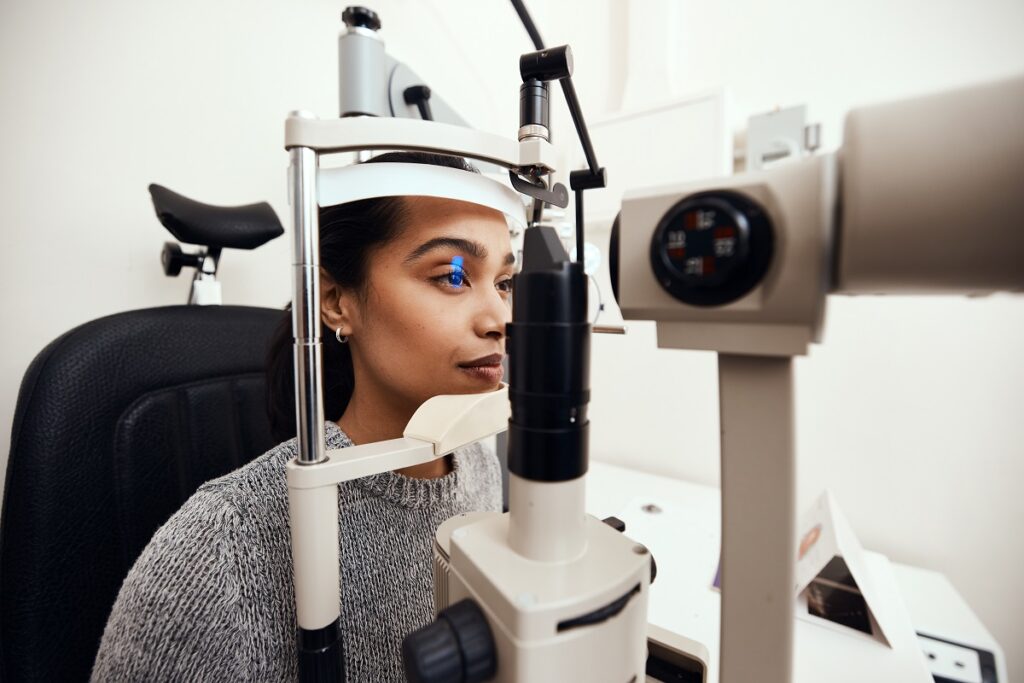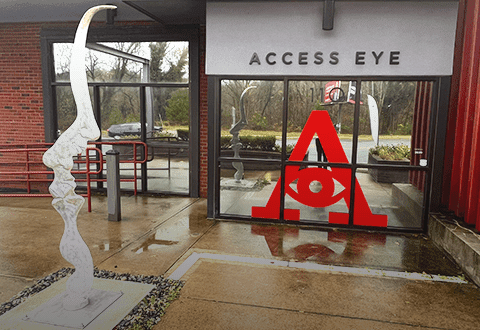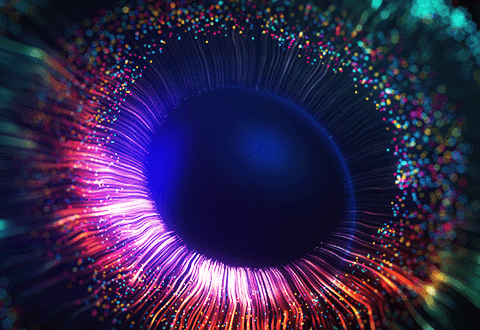What Does an Optometrist Look For During Your Eye Exam?

If you are like many patients, you may not know what the individual tests included in an eye exam are attempting to measure, but you trust that your optometrist has good reason for asking you to participate. At Access Eye, our team of optometrists performs comprehensive eye exams for patients in Virginia every day. Here, we share why these tests should be a part of your yearly routine.
Vision Changes
Over time, the quality of your vision changes. Your optometrist can evaluate your visual acuity by measuring how well you can see objects up close, far away and at distances in between, as well as in your peripheral vision. If you have nearsightedness, farsightedness or astigmatism, your optometrist can find the right prescription to correct these refractive errors. These tests are important even if you already wear eyewear like glasses or contacts. That way, your doctor can make any necessary adjustments to your prescription so that your sight remains crisp and clear.
Eye Conditions
During the same comprehensive exam, your doctor checks for signs of eye diseases and conditions. Because you are unlikely to recognize early symptoms of these conditions on your own, doctors use these tests to look for clues of diseases that may have gone unnoticed. These may include:
- Glaucoma: A buildup of pressure in the eye that causes irreversible vision loss
- Macular degeneration: Vision becomes increasingly blurry, sometimes resulting in blindness
- Cataracts: Clumps of proteins on the lens can cause hazy vision
Although eye conditions become more common as you age, eye disease can strike much younger than you may expect. Since prompt treatment can help to preserve more of your vision, regular screenings from a trained eye doctor are the best way to catch and address a problem early.
Other Eye Irregularities
Are your eyes in alignment? Do they move in tandem when you look at a specific object? Is your depth perception accurate? While you probably cannot answer these questions on your own, your optometrist can measure this information with standard tests during a comprehensive eye exam. If any of the findings are irregular, your optometrist can then administer a more in-depth test to diagnose the problem.
















